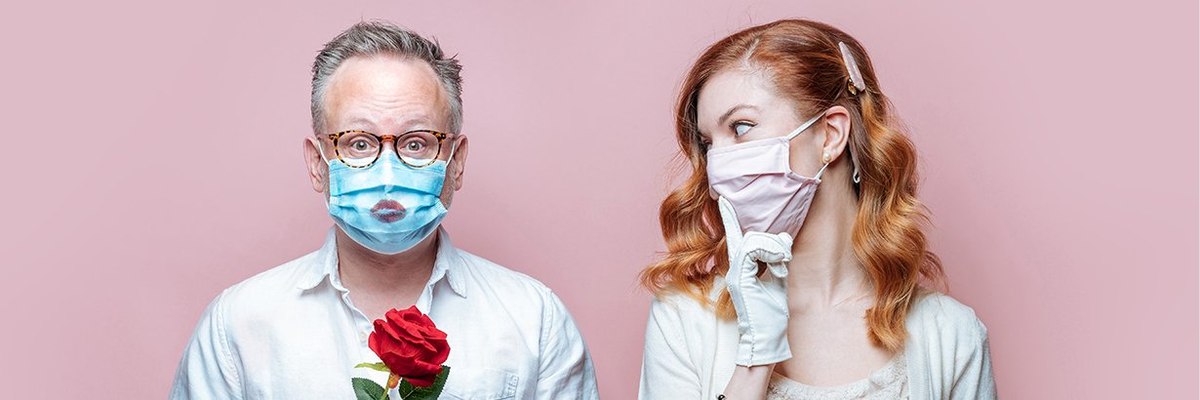Many Britons’ plans are marked by uncertainty
With the nation’s lovers locked down for Valentine’s Day this year, a new YouGov survey explores what couples would normally be looking to do for 14 February, and how different things will look this year.
Our study of 1,047 Britons currently in a relationship finds that, in a typical year, most couples say that they give a card (57%) and have a special dinner (55%). More than two in five (44%) give flowers or chocolates, while one in three buy other kinds of presents (36%) and perform other special gestures (35%). One in four see Valentine’s Day as a reason to make things steamy, with 28% saying there is increased or special sexual activity on 14 February.
As with so much else, the coronavirus has increased uncertainty around what people are doing for Valentines Day. The number of couples certain at this stage they will have a special dinner has fallen 10pts to 45%, while likewise those expecting to exchange cards has fallen 10pts to 47%.
Only three in ten (31%) know they will give chocolates or flowers, down 13pts, and there is a 12pt reduction in the number saying they will give other gifts (to 24%).
In all cases, this is in part because some are still uncertain of their plans. But the results already show small increases in the number of Britons who won’t give flowers or chocolates (+5), exchange cards (+4) or other kinds of presents (+4).
Valentine’s Day is celebrated more by young lovers
The results show that Valentine’s Day is typically more of a young person’s game – as Britons get older they are less likely to partake in the festivities. For instance, while 81% of 18-29 year olds have a special meal, this falls to just 40% among those aged 60 and over.
The drop is steepest when it comes to special Valentine’s Day sex. While close to two thirds of 18-29 year olds in a relationship said that landmark lovemaking normally formed part of their celebrations, this quickly falls to 37% among people in their thirties, and just 13% among those in their sixties or older.
Older couples are most likely to continue to exchange Valentine’s Day cards, but at 45% this is still a far cry from the enthusiasm of the youngest, of whom 68% normally do so.
While many people clearly do celebrate Valentine’s Day, it is likely that plenty are doing so under duress. A 2018 YouGov survey showed that just 14% of Britons think that Valentine’s Day is celebrated more because it is a ‘proper’ special occasion, compared to 79% who think people feel more forced to celebrate it because of pressure from commercial entities.











